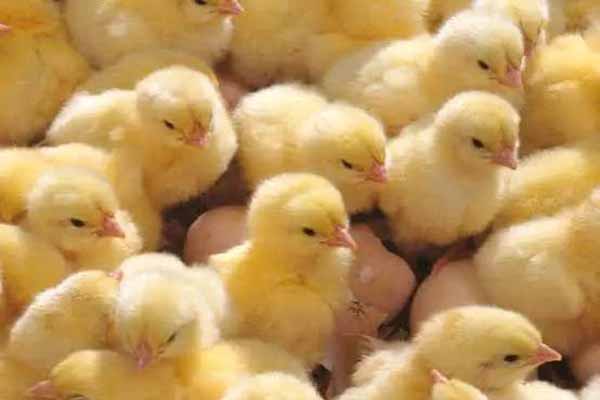Regular Inspection Items for Chicken Farming Equipment in Tanzania
Time : 2025-04-23
When it comes to chicken farming in Tanzania, maintaining your equipment is just as important as taking care of your chickens. Regular inspections help ensure that your farming operation runs smoothly and efficiently. In this article, we’ll dive into the key items you should be checking on your chicken farming equipment to keep everything in tip-top shape.
1. Feeders and Waterers
First and foremost, let’s talk about feeders and waterers. These are the lifelines for your chickens, providing them with the nourishment they need to stay healthy and productive.
a. Feeders:
– Check for Leaks: Make sure there are no leaks in the feeders, as this can lead to wasted feed and potential messes.
– Inspect the Hopper: Look for any cracks or damage in the hopper that could cause feed to spill.
– Cleanliness: Ensure that the feeders are clean and free of mold or pests.
b. Waterers:
– Water Flow: Verify that the water is flowing freely and evenly. Clogged waterers can lead to dehydration in your flock.
– Temperature: In colder climates, make sure the water is not freezing. In warmer climates, ensure it’s cool enough for the chickens.
– Cleanliness: Regularly clean the waterers to prevent the growth of algae and bacteria.
2. Roosts and Nesting Boxes
Roosts and nesting boxes are crucial for the well-being of your chickens. They provide a safe place for them to rest and lay eggs.
– Roosts:
– Check for Stability: Ensure the roosts are securely fastened and won’t collapse under the weight of your chickens.
– Condition: Look for any signs of wear or damage, such as splinters or loose boards.
– Nesting Boxes:
– Cleanliness: Keep the nesting boxes clean to prevent the spread of disease.
– Accessibility: Make sure the boxes are easily accessible for your hens to lay their eggs.
3. Ventilation and Cooling Systems
In Tanzania, the climate can be quite challenging, especially during the hot and humid months. Proper ventilation and cooling systems are essential to keep your chickens comfortable.
– Ventilation:
– Airflow: Check that there is adequate airflow throughout the coop to prevent heat buildup.
– Filters: Replace or clean air filters to ensure a clean and healthy environment.
– Cooling Systems:
– Fans: Make sure your fans are working correctly and can circulate air effectively.
– Shading: Provide shade for your chickens to escape the intense sun.
4. Lighting Systems
Lighting is another critical component of chicken farming. It affects the chickens’ health, productivity, and egg-laying cycles.
– Bulbs: Check that all bulbs are working and replace any that are flickering or not illuminating properly.
– Timer: Ensure that the lighting system is set to provide the appropriate amount of light for your chickens’ needs.
5. Equipment Maintenance
Regular maintenance of your farming equipment is crucial to prevent costly repairs and downtime.
– Engines and Motors: Check oil levels and filters for your generators and other mechanical equipment.
– Batteries: Keep batteries charged and replace them if they’re showing signs of wear.
– Tools: Regularly inspect and sharpen your farming tools to ensure they’re in good working condition.
6. Security Measures
Finally, don’t forget about the security of your chicken farming equipment.
– Locks and Gates: Ensure that all gates and doors are securely locked to prevent predators from getting in.
– Surveillance: Consider installing surveillance cameras to monitor your farm and deter thieves.
Conclusion
Regular inspections of your chicken farming equipment in Tanzania are a must to keep your operation running smoothly. By checking these key items, you can ensure the health and well-being of your chickens, as well as the efficiency of your farming process.
Remember, a little bit of maintenance can go a long way in preventing costly repairs and keeping your chickens happy and productive.












